Prime Minister Shinzo Abe plans to travel to Iran on June 12, the first visit by a Japanese prime minister in the past four decades as Tokyo hopes to mediate between Washington and Tehran. Tensions between the US and Iran have worsened since Washington withdrew last year from Joint Comprehensive plan of Action (JCPOA) between Iran and several world powers, and re-imposed sanctions on Tehran.
In this regard, some experts believe that Japan did not play much role in the diplomatic arena after World War II, and their political relations with other countries were just limited to bilateral relations. Iran should not take Shinzo Abe's visit to Tehran so seriously on the tensions between Iran and the US because there are doubts about Japan's capability to be able to act independently as a mediator after 74 years of having dependent foreign policy on the US.
To shed more light on the issue we reached out to political science associated professor of Milan Catholic University of the Sacred Heart, Dr. Pastori Gianluca.
Here is the full text of our interview with him:
While President Trump repeatedly asks for talks with Iran, on Friday again in a hostile and trust killing act his administration slapped new sanctions against Iran’s petrochemical section. How do you interpret his contradictory measures?
President Trump has often used a ‘stick-and-carrot’ approach to his international intercourses. The ‘stick’ element theoretically aims at ‘softening’ the counterpart and making it more amenable to the US requests. In this perspective, I see no real contradiction between the ask for talks and the adoption of new sanctions; it is ‘simply’ a product of President Trump’s vision of negotiation as power struggle. President Trump repeatedly said that his aim is not disrupting the JCPOA but revising it, according to the US interests and visions of security and sanction are only one of the tools that his administration uses to ‘pressurize’ Iran and try to reach this goal.
What reasons have motivated Japan to try to mediate between Iran and USA?
Japan is heavily dependent on Persian Gulf energy supplies. In FY 2018, it imported approx. 67.7 million kiloliters of crude oil from Saudi Arabia, 44.9 from UAE, 14.2 from Qatar, 13.5 from Kuwait, 6.66 from Iran, and lesser amounts from Bahrain, Oman and Iraq. Currently, energy security is of increasing concern for the Japanese government. In this perspective, the country has a keen interest in keeping the Persian Gulf stable and in avoiding any possible escalation. A diplomatic success could also boost the country’s standing and strengthen Prime Minister Shinzo Abe in the domestic field, especially in view of the upcoming elections for the Japanese Upper House.
How successful can Abe’s visit to Tehran be under such situation and the Trump’s contradictory acts?
It is hard to say how successful Abe’s mediation can be. Japan-Iran relations are traditionally good, and Prime Minister Abe can play the part of the honest broker. Japan is a loyal US ally and Mr. Abe is said to be in good personal relations with President Trump. The Arab monarchies also see Japan as ‘not menacing’ (i.e.: not too much pro-Iranian). Finally, Mr. Abe has nothing to lose in case of a failure. All these elements can positively impact on the outcome. However, Iranian attitude and willingness to show some flexibility are equally is important. I don’t think Abe will be able to achieve any real breakthrough, but now breaking the ice is important as well.
Despite its powerful economy Japan has been following the US foreign policy. How will Japan be able to affect the US decisions as an independent mediator between Iran and US?
As already said, the credibility of Japan’s mediation is linked to a large extent to the fact that the country is a loyal US ally. Abe’s loyalty to the US strengthens his position. Moreover, Japan’s initiative seems fitting well into the US ‘stick-and-carrot’ strategy. Some days ago, State Secretary Mike Pompeo expressed the US willingness to start a dialogue with Iran ‘with no precondition’. Now, Abe’s task is not affecting the US decisions but facilitating the US-Iran dialogue. Once again, the problem is: are the parties ready to support this dialogue by showing some flexibility? I think this is the most important question to understand the future of the JCPOA.
Interview by Payman Yazdani


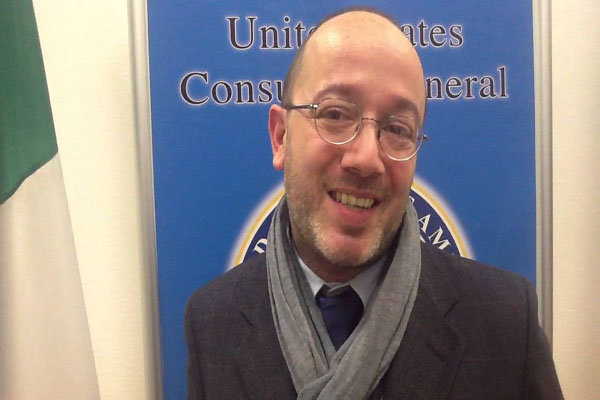

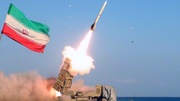
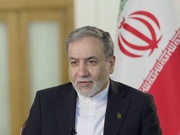
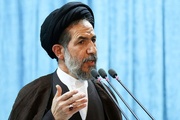

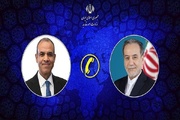
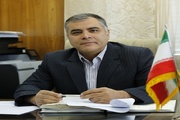
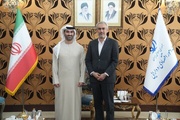
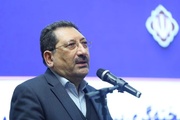
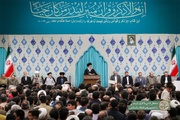
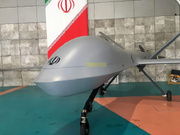









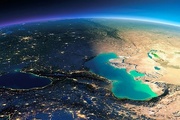


Your Comment